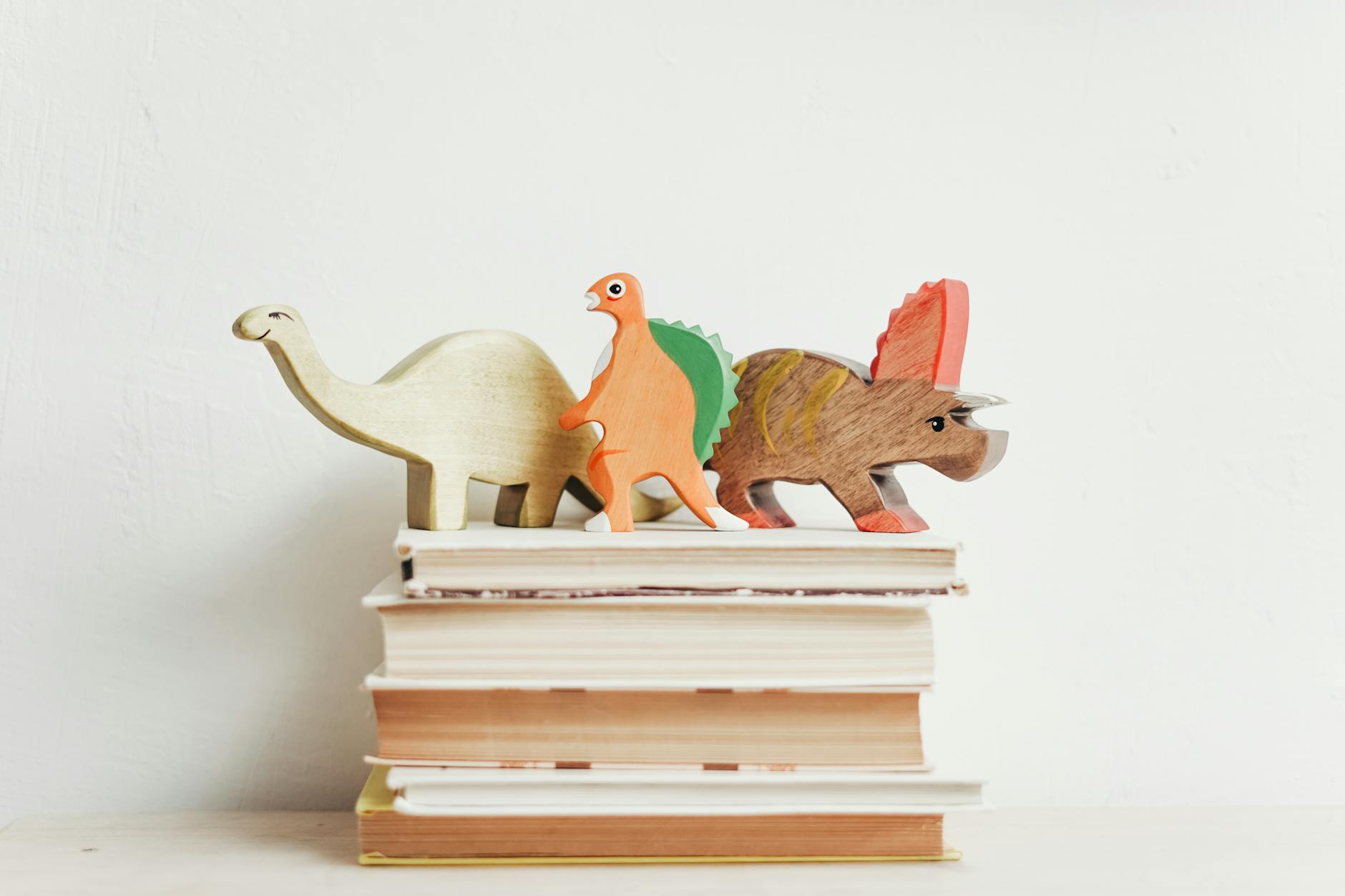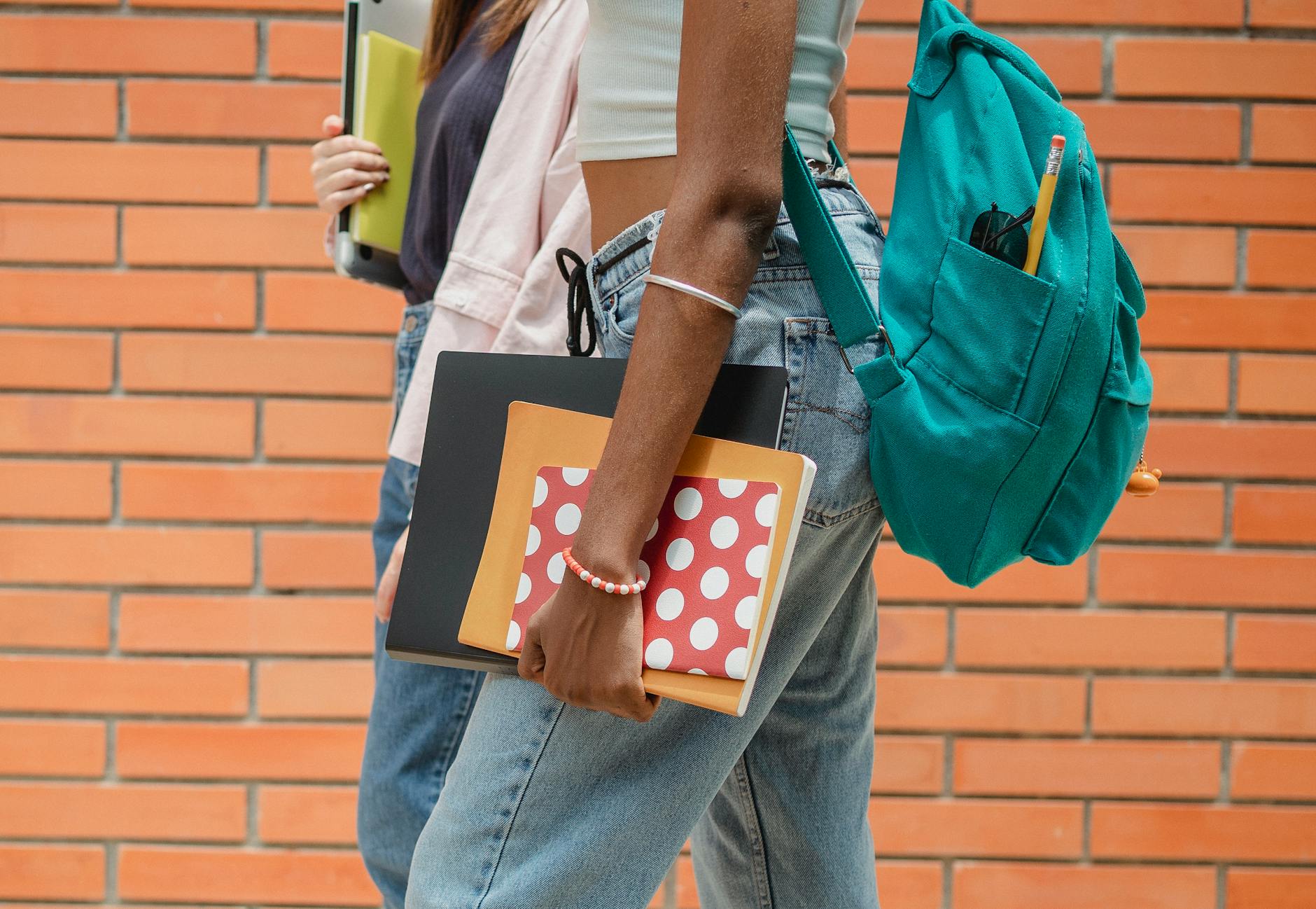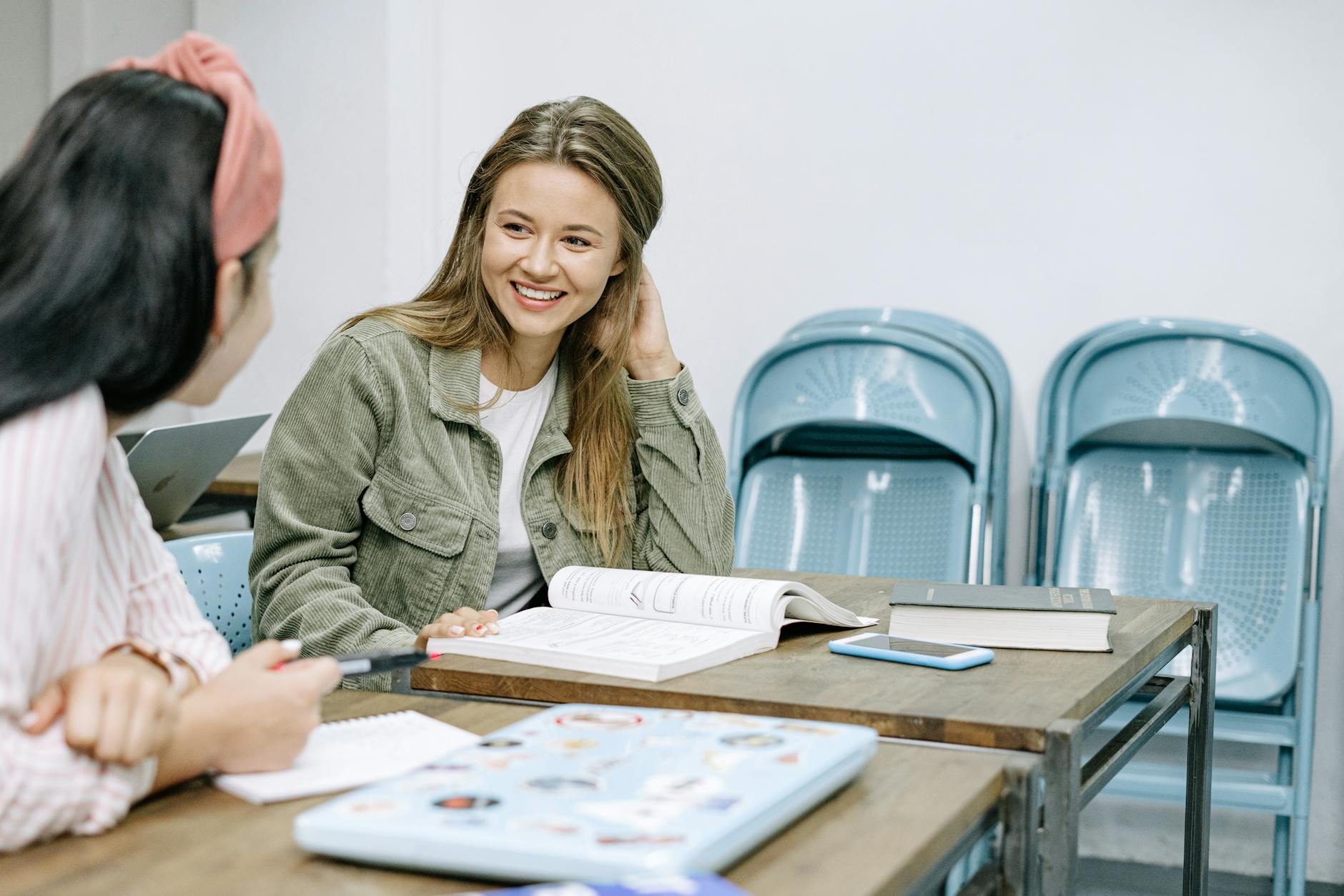How to Enhance Early Childhood Education in Australia with Interactive Methods

Interactive Classroom Activities
Hands-On Learning
When it comes to hands-on learning, the transformative power of experiential activities cannot be overstated. Imagine leading a science class inspired by the Melbourne Museum's Children's Gallery, where children engage in discovery-based learning. This approach fuels curiosity and encourages young learners to apply concepts to real-world scenarios. For instance, creating simple experiments allows children to grasp fundamental scientific principles while sparking interest and fostering problem-solving skills.
Collaboration Games
In early childhood education, collaboration games are paramount in teaching teamwork and communication. Picture a session modelled after the engaging dynamics found at Scienceworks' interactive exhibits. Here, children work together to solve challenges or assemble projects, each bringing their unique strengths to the table. These exercises aid in developing social skills, trust, and collective creativity.
Storytelling Sessions
Storytelling sessions serve as a cornerstone for developing language and listening skills. Inspired by the expressive workshops at the Heide Museum of Modern Art, crafting narratives becomes a collaborative art form. Encourage the children to participate by adding their own twists to stories, integrating elements like puppetry or visual aids. This practice not only enhances verbal abilities but also strengthens imaginative thinking. Exploring diverse narratives through stories cultivates empathy and cultural awareness, creating a foundation for lifelong learning.
Engaging in courses, such as a diploma in early childhood education, equips educators with advanced skills to effectively implement these interactive classroom strategies. Additionally, aged care online courses are crucial for those interested in diversifying their expertise in caregiving and developmentally focused teaching methodologies.
Technology in Education
In the digital age, incorporating technology into education transforms traditional learning environments into dynamic spaces where engagement and interactivity flourish. A valuable tool for enhancing early childhood education is the use of educational apps for kids, designed to support foundational skills like literacy and numeracy. These apps often incorporate gamification, ensuring children remain immersed in their learning experiences. Moreover, the integration of technology goes beyond just apps. Smart board integration, for instance, offers an interactive platform for displaying multimedia content, encouraging student participation in a way conventional chalkboards can't.
Another innovative approach lies in virtual field trips. These are not only cost-effective but also open the doors to experiences children might not otherwise have. Imagine the class exploring the depths of the ocean or the far reaches of the universe from their Melbourne classroom. This approach is akin to the experiential learning offered at Scienceworks, known for its interactive exhibits that captivate young minds and inspire curiosity.
The evolving landscape of tech-based learning also highlights the need for educators to enhance their skills. Courses such as childcare courses online and aged care courses empower educators to stay abreast of these advancements. Integrating these technologies in a balanced manner will ensure that teaching methodologies remain as vibrant and inspired as the educational workshops at Heide Museum of Modern Art.
Engaging Curriculum Design
Theme-Based Learning
Embracing theme-based learning can transform classrooms into vibrant hubs of discovery. Here in Melbourne, the Children's Gallery at the Melbourne Museum offers an excellent example of how themes captivate and educate. Aligning classroom topics with themes allows children to explore concepts deeply, sparking curiosity and understanding. Imagine a week focused on 'oceans' where each activity, story, and craft revolves around marine life. This method fosters interconnected learning, helping students grasp complex subjects by seeing the bigger picture.
Sensory Play Activities
Incorporating sensory play activities engages different senses, making learning both enjoyable and effective. Educators find that simple setups, like sand and water tables or texture-rich craft stations, cater to various learning styles. Students build motor skills and cognitive abilities through touch, smell, and sound. Consider adopting sensory-rich activities inspired by Scienceworks' interactive exhibits, encouraging exploration while maintaining a structured learning environment.
Creative Arts Incorporation
Integrating creative arts into the curriculum enhances not just artistic skills but also critical thinking and emotional expression. Encouraging creativity through painting, music, or dance provides children with varied ways to express ideas, helping them develop confidence and self-awareness. The Heide Museum of Modern Art's educational workshops illustrate the power of art in learning, showing how it nurtures young imaginations and inspires innovative thinking. To further enrich the educational experience, community services courses and a cert 3 in individual support might offer valuable insights into holistic child development techniques.
Teacher Training and Development
Workshops and Seminars
The power of professional development for educators lies in the dynamic nature of workshops and seminars. These gatherings offer a platform for early childhood education leaders like myself in Melbourne to exchange cutting-edge strategies that enhance classroom environments. With leadership roles come responsibilities, and attending regular workshops is essential for staying abreast of the latest educational research and methods, ultimately benefiting both students and educators. Plus, such events can incorporate inspirational elements, similar to the interactive exhibits at Scienceworks that encourage practical application and exploration in learning.
Peer Review Systems
A creative approach to teacher improvement is the implementation of peer review systems. Having fellow educators observe and provide constructive feedback cultivates an environment of collaboration and continuous learning. It's an integral component of teaching mastery, helping to identify strengths and areas needing development. This system strengthens community bonds within the school and ensures that all educators are aligned with the institution’s cert 3 childcare initiatives aiming to elevate our educational practices.
Mentorship Programs
Mentorship programs also play a crucial role in teacher training. Pairing seasoned educators with newcomers promotes the sharing of best practices and insights. These relationships are mutually beneficial—while the mentor provides guidance, the mentee offers fresh perspectives. Initiating mentorship within your own organisation could mirror the lessons learned from aged care training, where seasoned professionals impart invaluable wisdom and experience. Such programs create an enriching cycle of learning that not only builds individual capabilities but also elevates the educational standards of the entire institution.
Common Pitfalls in Education
Balancing Technology Use
While technology offers remarkable opportunities to enhance learning, we, as educators, must be cautious of an over-reliance on it. It's tempting to turn to screens at every opportunity, but this may limit holistic child development. Instead, blend tech with interactive experiences like the Melbourne Museum's Children's Gallery, where tactile exploration can complement digital learning. Incorporate digital resources as supplements, not replacements, for traditional methods. By integrating hands-on activities, we ensure children develop a wide range of skills, encouraging active learning rather than passive consumption.
Emphasizing Consistent Evaluation
An often overlooked aspect of education is the importance of regular evaluation. We must not settle for infrequent assessments but strive for a comprehensive understanding of each child's progress. Techniques such as portfolios, performance-based assessments, and regular feedback loops with families ensure an ongoing dialogue about student progress. This approach ensures a targeted educational strategy that adapts to each learner’s needs and potential. Consistent evaluation supports identifying areas needing additional focus and celebrating achievements, maintaining an engaging and supportive learning environment.
Valuing Student Feedback
Listening to children's voices is crucial in shaping an effective educational approach. Ignoring student feedback can lead to disengagement. Encourage children to express their thoughts through storytelling sessions or responses to exhibits at places like Scienceworks or creative art activities inspired by the Heide Museum of Modern Art. Valuing their input fosters a sense of agency and motivation in young learners. When children see their ideas reflected in their learning environment, they're more likely to engage deeply with the material, paving the way for lifelong learning.


